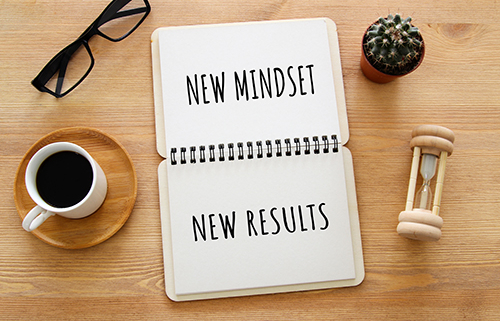The Beliefs We Hold
One of the reasons I appreciate Unity teachings is how it has given me a deeper understanding of Bible stories. A great website I just discovered is “Bible Interpretation” on www.unity.org/resources/bibleinterpretation. Metaphysical interpretation is, of course, just one approach, but it brings these stories alive and into the modern world.
For example, in Matthew 16:18-19, it says, “and whatever you bind on earth will be bound in heaven, and whatever you loose on earth will be loosed in heaven.” In other words, whatever we believe is happening in our lives is true, then that is what we will carry with us throughout our lives. So if we think someone is a terrible person and we ought to shun them, then that’s what our interactions with others will be like. Or if we believe we are a less than good person, then that’s how we’ll experience our lives – perhaps lonely and unhappy or angry and always lashing out at people. If we believe in a dangerous world, we will experience a dangerous world. If we believe in an enemy trying to do us harm, that will be our experience.
If, on the other hand, we let go of those negative beliefs and hold to the truth that there is One Presence and One Power, seeking always to express in and through us as our highest, greatest Good, that will be the life we experience. God—the Father in heaven, the Source of all that is – will express in our lives according to the beliefs we hold.
The story of the Good Samaritan in the Book of Luke exemplifies this, in my opinion, better than any other story. Two good Jews on the road to Jericho passed the badly wounded man and kept going. They could justify those decisions according to the Law, because to touch blood would require a considerable process of purification that would delay their work. A Samaritan is one of the people who were scorned by Jews because they were descended from Jews who had remained in the land during the Babylonian Exile and intermarried with other tribes. And it is the Samaritan who tends to the man with loving-kindness.
So again we have this idea of understanding our fellow humans, of looking past race and creed to the common humanity we all share.





